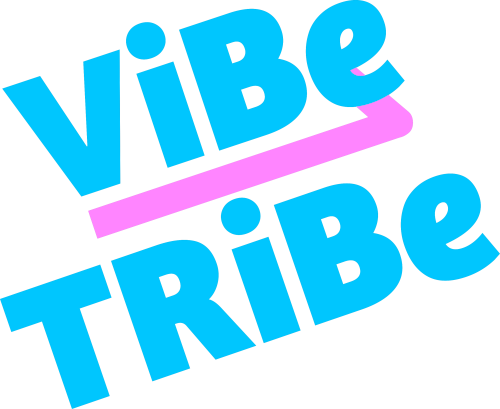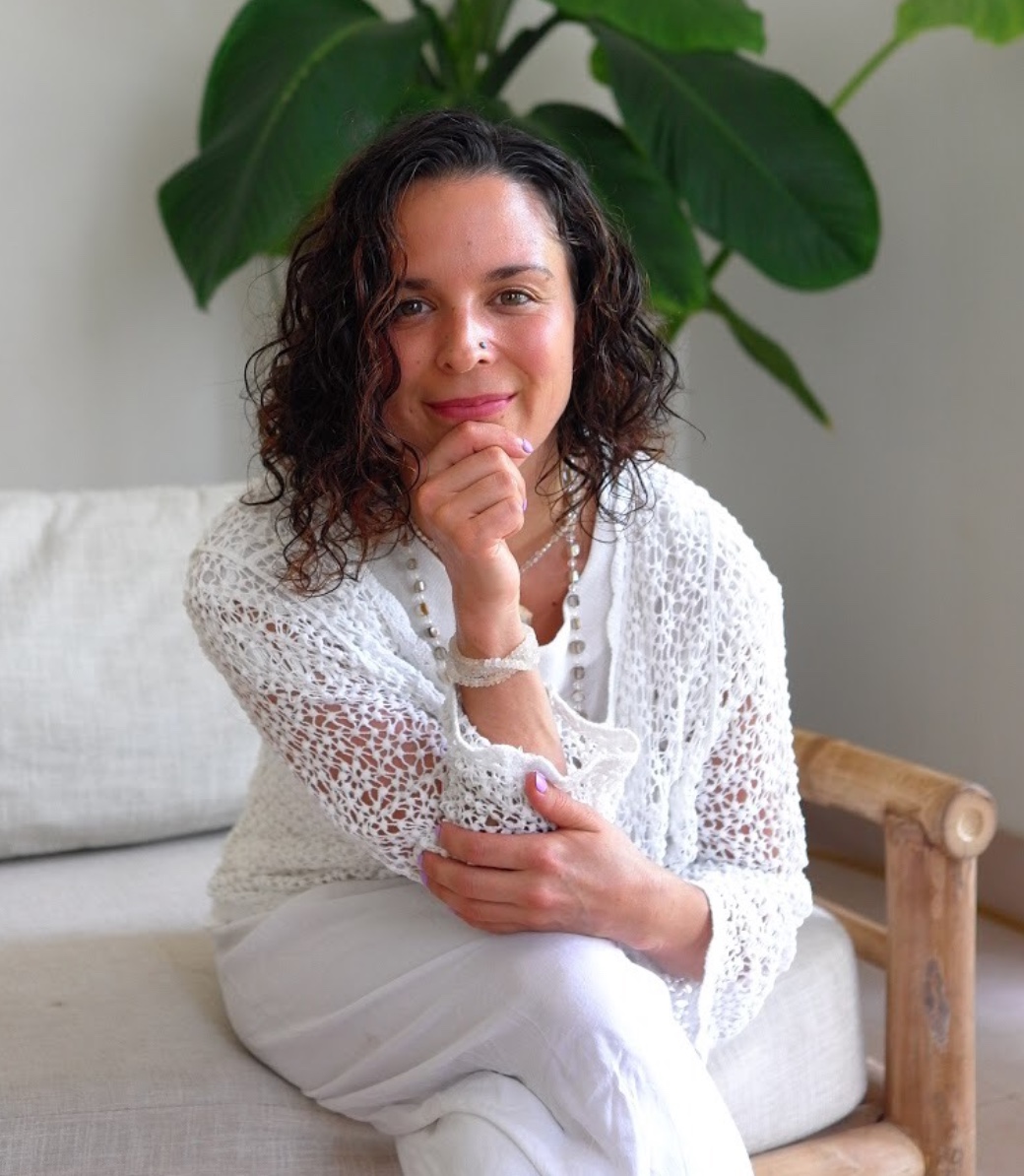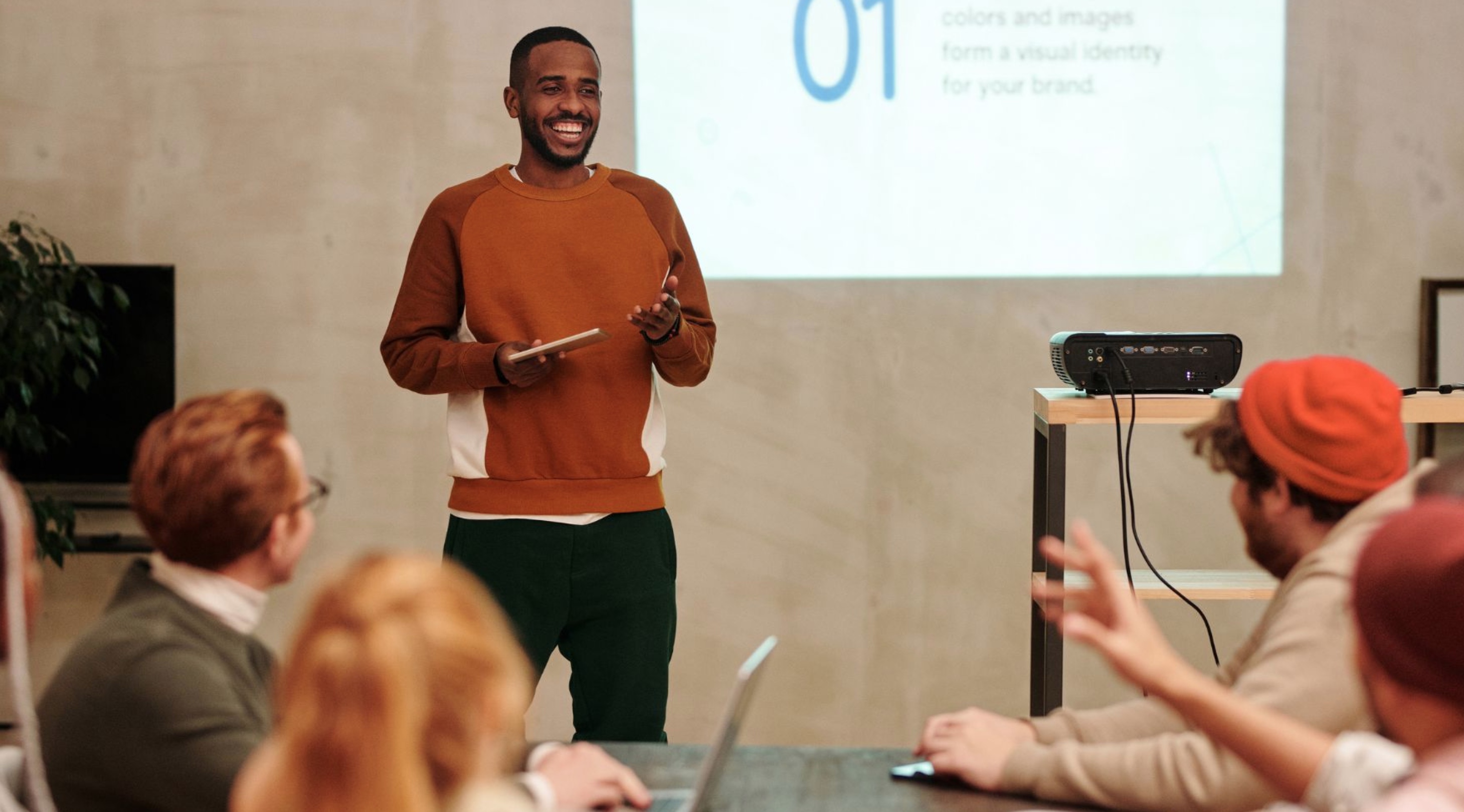For those navigating the journey of mental health recovery, finding a sense of connection, purpose, and joy is just as important as clinical treatment. While therapy, medication, and support networks are key pillars of recovery, engaging in holistic events and activities can offer something equally vital—hope, community, and healing.
This article explores a wide range of mind, body, spirit-focused activities that are particularly beneficial for people in recovery. These aren’t just distractions—they’re invitations to reconnect with life, to build resilience, and to discover meaning beyond diagnosis. Whether you’re a service provider, peer support worker, or someone on your own healing path, these ideas are designed to inspire inclusive, accessible events that nurture genuine wellness.
Why Holistic Activities Matter in Recovery
Mental health is more than brain chemistry. It’s affected by our relationships, our environment, our physical body, and our sense of self-worth. According to a study in the journal Frontiers in Psychology (2018), meaningful leisure activities can significantly improve psychological well-being and reduce symptoms of depression and anxiety in people with serious mental illness.
Dr. Patricia Deegan, a pioneer in mental health recovery, writes: “Recovery is not about returning to who we were. It’s about becoming someone new—someone stronger, deeper, wiser because of the experience of mental illness.” Events that support this growth are not only healing—they're empowering.
1. Nature-Based Wellness Activities
Reconnecting with the natural world is one of the most powerful ways to support mental health. Forest bathing, nature walks, and outdoor mindfulness sessions have been shown to reduce cortisol levels, lower blood pressure, and ease anxiety.
- Eco-therapy walks: Guided walks that integrate mindful observation, breathwork, and grounding techniques.
- Community gardening: Offers structure, physical activity, and the joy of watching something grow.
- Outdoor meditation circles: Invite calm and connection in a natural setting.
Many wellness event platforms like Vibetribe now offer these nature-based experiences, blending spiritual and somatic approaches for full-bodied healing.
2. Movement and Bodywork Events
Our bodies hold trauma, and sometimes words aren’t enough to release what’s stuck. Movement-based activities like dance, yoga, and somatic workshops help reconnect individuals to their bodies in a safe and empowering way.
- Trauma-informed yoga: Accessible yoga that emphasizes choice, consent, and body awareness.
- Ecstatic dance: Non-verbal, freeform dance events that allow for emotional release and joy.
- Thai massage workshops: Gentle, partner-based bodywork that emphasizes trust, connection, and embodied presence. See upcoming sessions.
According to research from the Harvard Medical School, regular yoga practice can reduce symptoms of PTSD, depression, and anxiety. Combining this with compassionate facilitation creates an ideal healing container for people in recovery.
3. Creative Expression Workshops
Art allows us to tell stories that are hard to verbalize. Creative practices give people in recovery a non-judgmental space to explore identity, reframe trauma, and express emotion.
- Art journaling sessions: Blend writing, drawing, collage, and personal symbolism in a safe setting.
- Sound healing & voice activation: Singing bowls, vocal toning, and intentional sound create emotional release and internal harmony.
- Theatre and storytelling: Empower participants to re-author their narratives through dramatic arts.
In one study published by Arts & Health (2014), participants in weekly creative arts workshops showed significantly increased emotional well-being, social engagement, and self-confidence after just 8 weeks.
4. Peer-Led Spiritual Circles
For many, mental health recovery is also a spiritual journey. Peer-led circles provide a non-clinical space for sharing, reflection, and spiritual connection. These spaces can be as structured or open as needed, and may include:
- Guided meditations or breathwork
- Card readings or rituals for intention-setting
- Group sharing with respectful listening and emotional safety
These events speak to the deeper human need to be seen, heard, and held—core elements of trauma recovery. Check your local events listings to find wellness gatherings with spiritual components that are trauma-sensitive and inclusive.
5. Skill-Building and Empowerment Events
Recovery is not just about healing—it’s also about growth. Events that focus on skill-building help rebuild confidence and encourage a future-focused mindset. These might include:
- Creative writing workshops: Help participants articulate their experience and discover meaning in their story.
- Cooking classes: Especially plant-based or nutrition-focused events that support physical and mental health.
- Self-employment and passion-project circles: Help attendees dream into their next chapter and set goals in community.
Studies have shown that gaining mastery over new skills is a protective factor against relapse and hospitalisation. Creating safe, low-pressure spaces where people can experiment and grow can be transformative.
6. Community Events With Purpose
Isolation is one of the greatest challenges in recovery. Events that foster meaningful connection and shared purpose help people feel like they belong. Consider organizing or attending:
- Film nights followed by group discussion
- Community volunteering projects
- Open mic or poetry nights
In these spaces, recovery is not something to hide, but something to honor. Being in a room where lived experience is welcomed, not shunned, can be the beginning of a whole new kind of healing.
How to Choose the Right Event
For someone in mental health recovery, safety and trust are everything. Not every event is right for everyone. Look for gatherings that are:
- Facilitated by trauma-informed practitioners
- Held in accessible, inclusive environments
- Rooted in community rather than hierarchy
- Respectful of personal pace and autonomy
One way to ensure this is to explore event platforms that specifically cater to wellness and mind, body, spirit integration—where facilitators understand the sensitivity required when working with vulnerable populations.
Healing Happens Together
Ultimately, the best events are not those that push us to “get better” faster, but those that gently remind us we are already whole. They create space for both softness and strength, for both silence and song.
If you or someone you know is navigating mental health recovery, explore our curated list of inclusive mental health recovery events and mind, body, spirit gatherings designed to nourish the soul.


